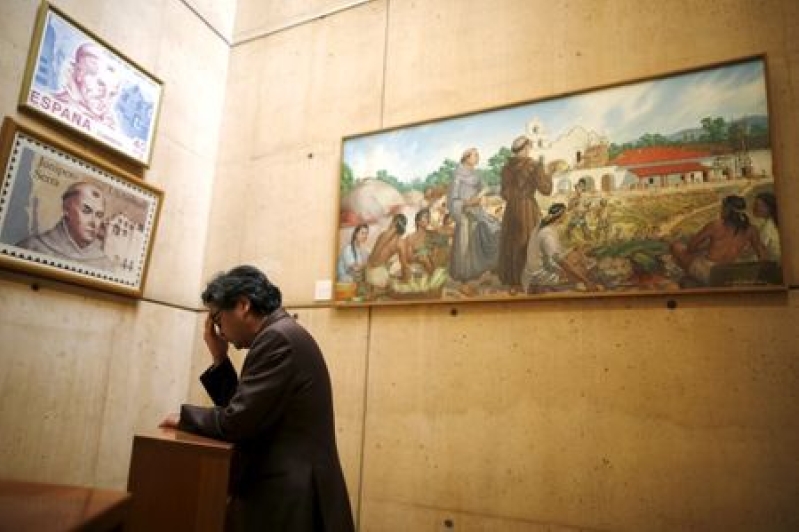
Highly religious Americans are less likely than others to believe their faith is at odds with science, but when they do, the main sticking points are evolution and how the universe was created, according to a study released on Thursday.
While a majority of the U.S. public says science and religion often conflict, that perception is driven largely by those who are less religiously observant, according to a 2014 survey of 2,000 Americans conducted by the Pew Research Center and made public in Washington on Thursday.
The survey found that 76 percent of respondents who have no religious affiliation think that science and religion often clash. But when asked about their own personal convictions, just 16 percent of them said their beliefs conflict with science, the research showed.
"How we think about other people is different from how we view ourselves," lead researcher Cary Funk told Reuters. She said the research suggests "the perception of conflict is rooted in assumptions about other people's beliefs."
Of those affiliated with a religion, 34 percent say science sometimes conflicts with their personal beliefs, down from 41 percent in 2009, the survey found.
Among those adults who said their own religious beliefs conflict with science, "the most commonly mentioned source of conflict was beliefs about the creation of the universe and evolution," Pew researchers said in a press release.
Overall, 65 percent of respondents say "humans and other living things have evolved over time," while 31 percent say those beings "existed in their present form since the beginning of time," the press release said.
"We've had such a long-term conversation going back and forth about the degree to which science and religion are compatible or at odds. And what we see in this data is a puzzle underneath it all," Funk said.
The survey was conducted on mobile and landline phones from Aug. 15 to 25, 2014, and had a margin of error of plus or minus 3.1 percentage points.
(Reporting by Barbara Goldberg in New York; Editing by Eric Walsh)







